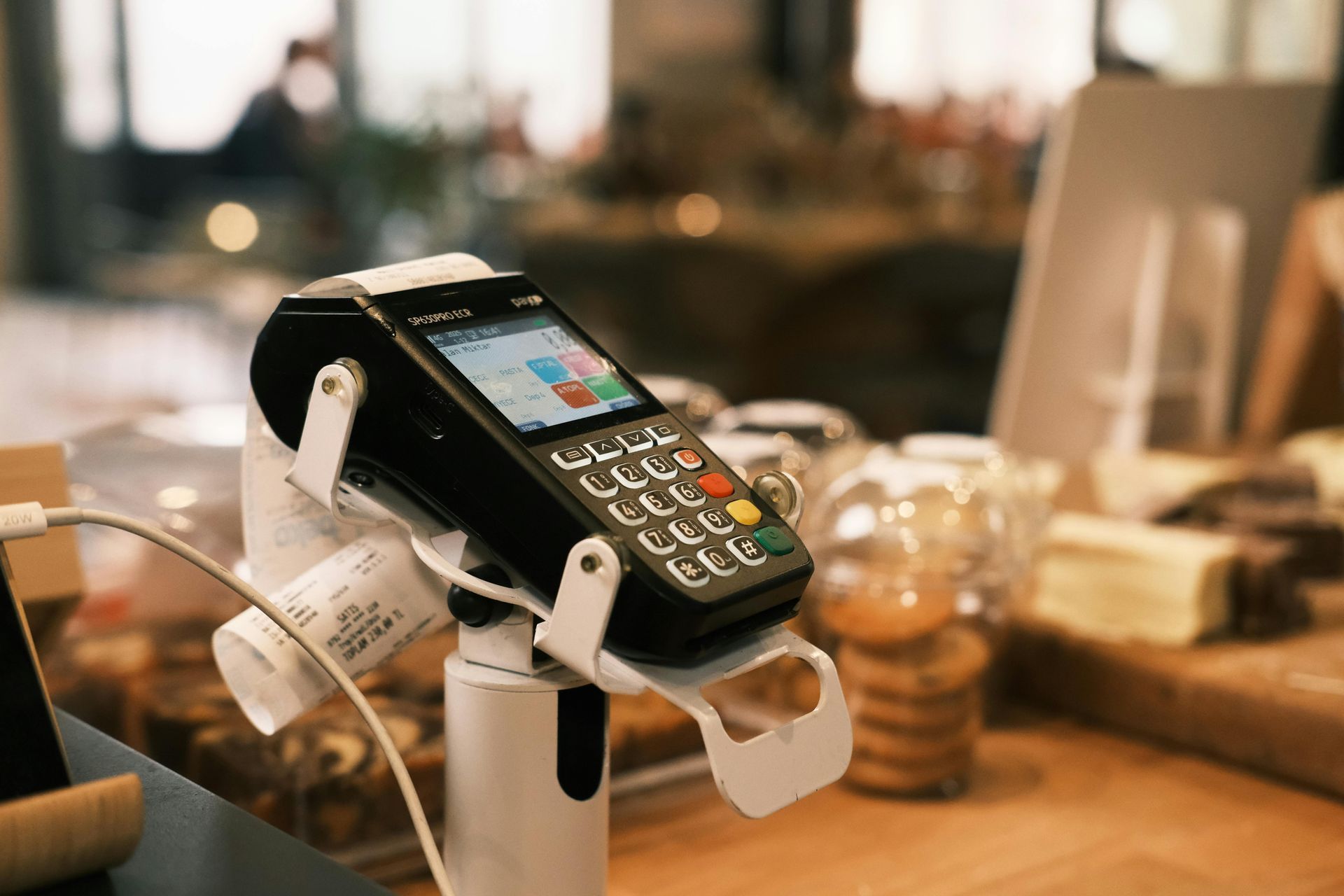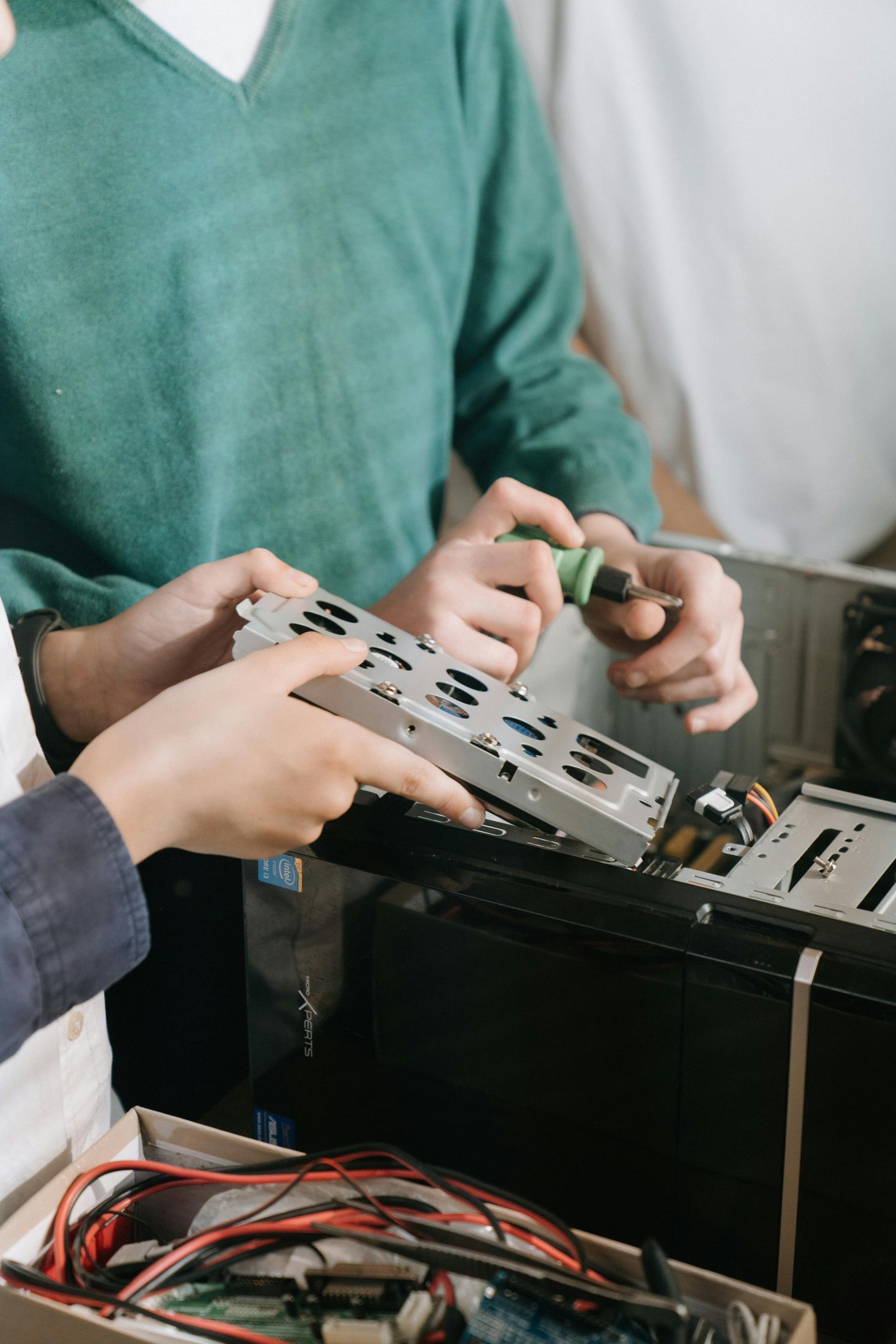WHY ALL SMES NEED BUSINESS CONTINUITY MEASURES
IP House: Disaster Recovery & Business Continuity Solutions

By Jamieson Lee Hill
Global crises and cyber threats are constantly on the rise. Small and medium-sized enterprises (SMEs) are becoming increasingly vulnerable to disruptions. At IP House, we understand how critical disaster recovery and business continuity are to protect a business in the short and long term. In this article, we explore how costly not having proper measures in place can be and how IP House supports businesses in disaster recovery and continuity.
Business Continuity Vs Disaster Recovery
The difference between business continuity and disaster recovery is…
“Business continuity focuses on keeping business operational during a disaster, while disaster recovery focuses on restoring data access and IT infrastructure after a disaster.”
Source:
University of Central Florida, 2024
Basicall, Business Continuity is a strategic plan that outlines how a company will continue to function during and after a disaster. It includes contingency strategies, such as relocating to another site, so the business can continue operating. Business Continuity can also include smaller disruptions like prolonged power outages which some countries may experience more often than others.
In contrast, Disaster Recovery focuses on how companies respond to major events like fires, floods, cyber-attacks, or other serious happenings. Disaster Recovery is about having in place a step-by-step strategy to recover rapidly and safely. The ultimate aim is to restore normal operations as quickly as possible so that clients can continue to use the company's services. Every hour a business is out of action can be very costly especially for large companies, as well as SMEs, as we see in the next section.
The Global Cost To Businesses
Every business needs to have effective measures in place for business continuity and disaster recovery. The longer the recovery time for getting your systems back online, the more costly the lasting damage will be financially and reputationally. The stark truth is that some businesses never recover and go out of business…
“43% of small businesses affected by a disaster never reopen and another 29% go out of business within 2 years. The longer recovery takes, the more likely a business will have to permanently shutter its doors.”
Source:
Federal Emergency Management Agency, 2024
The global cost of downtime is significantly high, as the following figures show. For the top of the pyramid, ‘Downtime costs the top 2,000 companies
$400 billion a year.’
And for SMEs, it is still significantly high,
“57% of small-to-medium sized businesses (SMBs) with 20 to 100 employees said downtime costs them $100,000 per hour.”
Source:
Queue-it.com, July 1, 2024
Robust Cybersecurity
To protect your business against cyberattacks, IP House London has 24/7 monitoring of systems. Plus, we have the latest cutting-edge technologies to protect your business data and software from cybercrime. Our customers value our robust cybersecurity measures because they are part and parcel of ensuring business continuity to protect revenue streams and client services.
Uptime Guarantees
At the heart of business continuity is ensuring uptime. When a system goes down, even for a short period, businesses can face significant financial losses and reputational damage. However, with IP House as your provider, you are guaranteed colocation services designed for reliability. Our leading edge facilities maintain and protect high levels of uptime so that your online business services will continue uninterrupted.
Redundancy for Disaster Recovery
IP House has redundancy facilities in place to back up systems and ensure minimal downtime for SME systems and services. In fact, our colocation services include multiple layers of redundancy. In essence, this means that if one system fails, you will always have a backup ready to take over and keep things running smoothly.
IP House does not provide disaster recovery services directly, but we work closely with business partners who specialise in these recovery strategies. That means in the worst-case scenario IP House will get your business the rapid solution required to recover any lost data and to get your systems up and running asap.
Custom Solutions Without Overhead Costs
At IP House, every business is unique. Therefore, we design bespoke solutions with our in-house team of experts and trusted partners to guarantee business continuity and disaster recovery strategies. Whatever your needs are, whether it is minimal backup services or a business continuity strategic plan, we can sit down with you and design a bespoke plan. With our tailored solutions for SMEs, you get exactly what you need without incurring extra costs from services you don’t really need or want.
Fill out the form below. Let’s talk about how we can protect your business for years to come!
Contact Us











